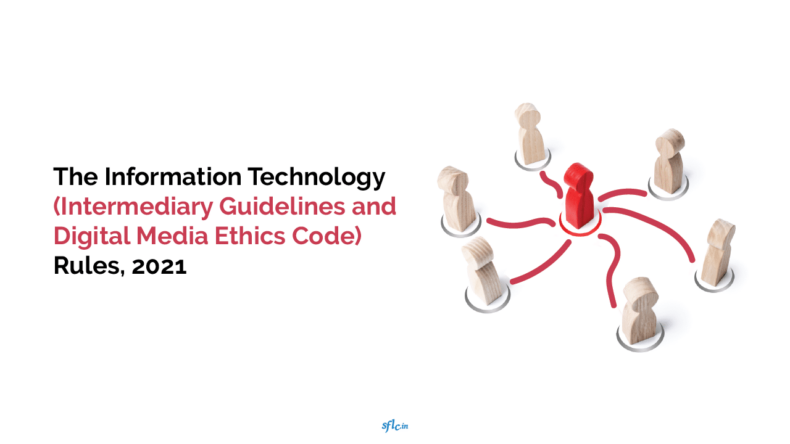Amendments to the IT (Intermediary Guidelines and Digital Media Ethics Code) (IT Rules, 2021) were notified on October 28 by the Ministry of Electronics and IT (MeitY).The draft generated considerable discussion and comment on the regulation of social media in India. All of these initiatives are geared toward providing the country’s digital nagriks with an accessible, trustworthy, and accountable internet.
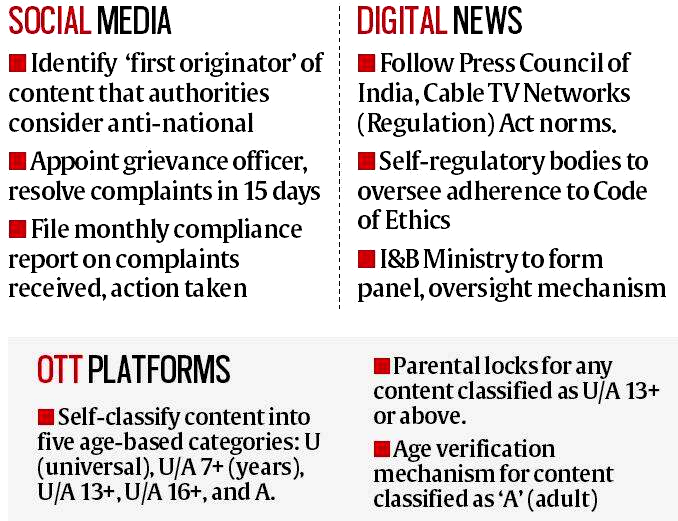 Source: Drishti
Source: Drishti
Why did we need to change the Information Technology (Intermediary Guidelines and Digital Media Ethics Code) Rules, 2021 in the first place?
The problem of how to regulate social media intermediaries is a topic of debate among governments around the world (SMIs). The magnitude of information SMIs host and the constant technological innovations impacting their governance make it imperative for governments to update their regulatory framework to meet emerging challenges. Given the centrality of SMIs in shaping public discourse, the impact of their governance on the right to freedom of speech and expression, and the magnitude of information SMIs host, this is a problem with many faces.
Because of these concerns, India updated its rules governing SMIs in 2021 with the Information Technology (IT) Rules, 2021. These rules are largely targeted at imposing duties on SMIs in order to maintain an open, secure, and trustworthy internet.
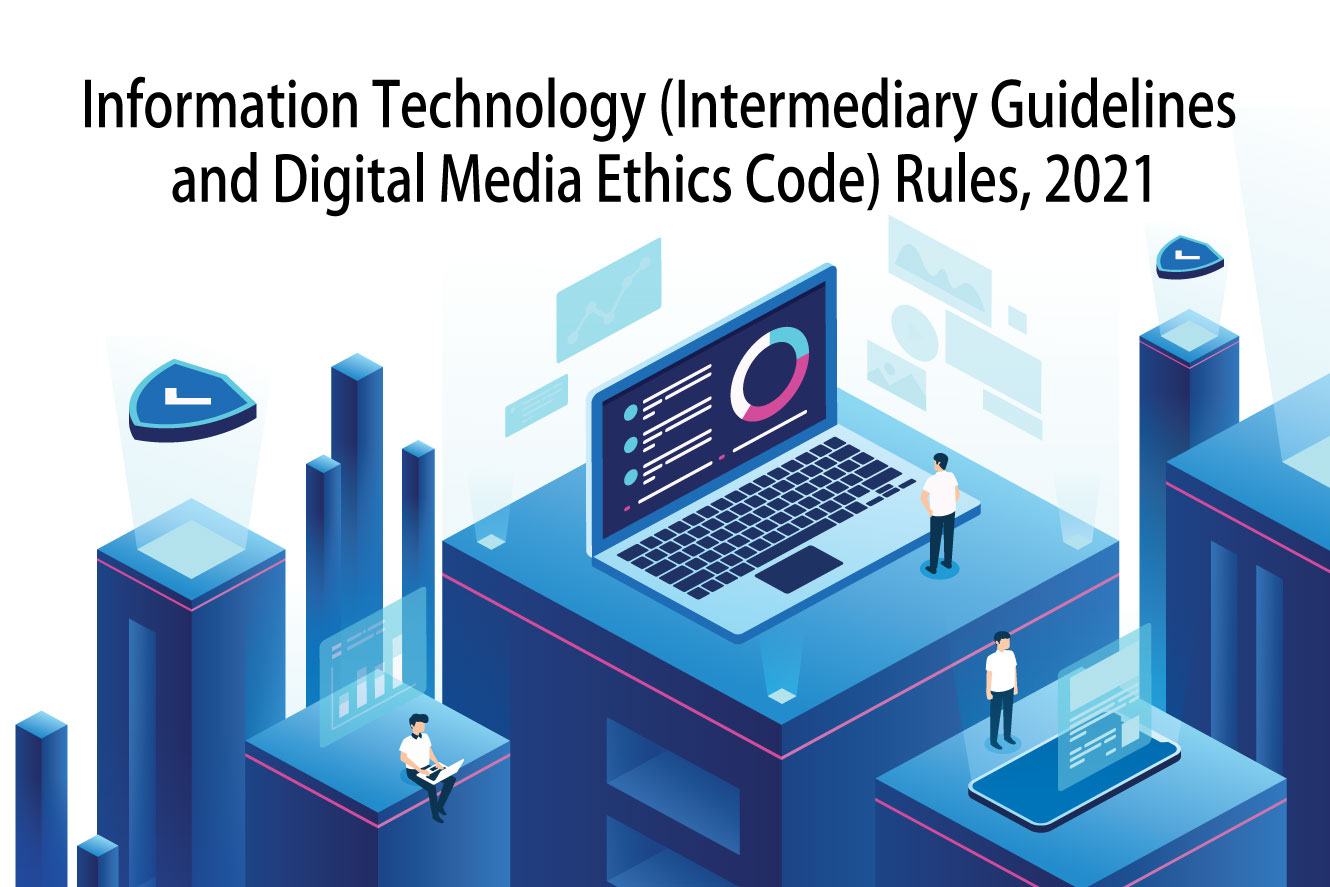 Source: SCC online
Source: SCC online
Those social media platforms that have more than a certain number of Indian users registered have been designated as “major social media intermediaries” (SSMIs).
Extra precautions must be taken by SSMIs, such as the appointment of compliance personnel, the provision of mechanisms for determining the original creator of content hosted on the SSMIs platform, and the use of best-effort technological measures. Online publishers of news and current affairs content, as well as curators of audiovisual information, are subject to the Rules, which lay out a framework for the regulation of content.
If a user or victim has a complaint, the intermediary must have a way for them to get their issue resolved. Specifically, for publishers, we have mandated a three-tiered, self-regulatory method for resolving complaints.
Which Major Changes Have Been Made to the IT Rules for 2021?
Refined Best Practices for Mediators in Social Media:
At this time, intermediaries’ obligations are limited to advising users to refrain from uploading specific types of potentially harmful or illegal content. These changes require intermediaries to make reasonable measures to stop users from submitting illegal content. The obligation of the intermediary will no longer be a formality thanks to the new regulation.
Thus, the amendment mandates that intermediaries provide users with the reasonable expectation of due diligence, privacy, and openness, as well as other rights given to them under Articles 14, 19, and 21 of the Indian Constitution. The intermediary’s rules and regulations need to be communicated clearly, and this can be achieved only if they are also translated into regional Indian languages.
Alterations to the Third Rule: Subclause 1 of Rule 3 (rule 3(1)(b)(ii)) has been rationalised by deleting the phrases “defamatory” and “libellous” for clarity’s sake.
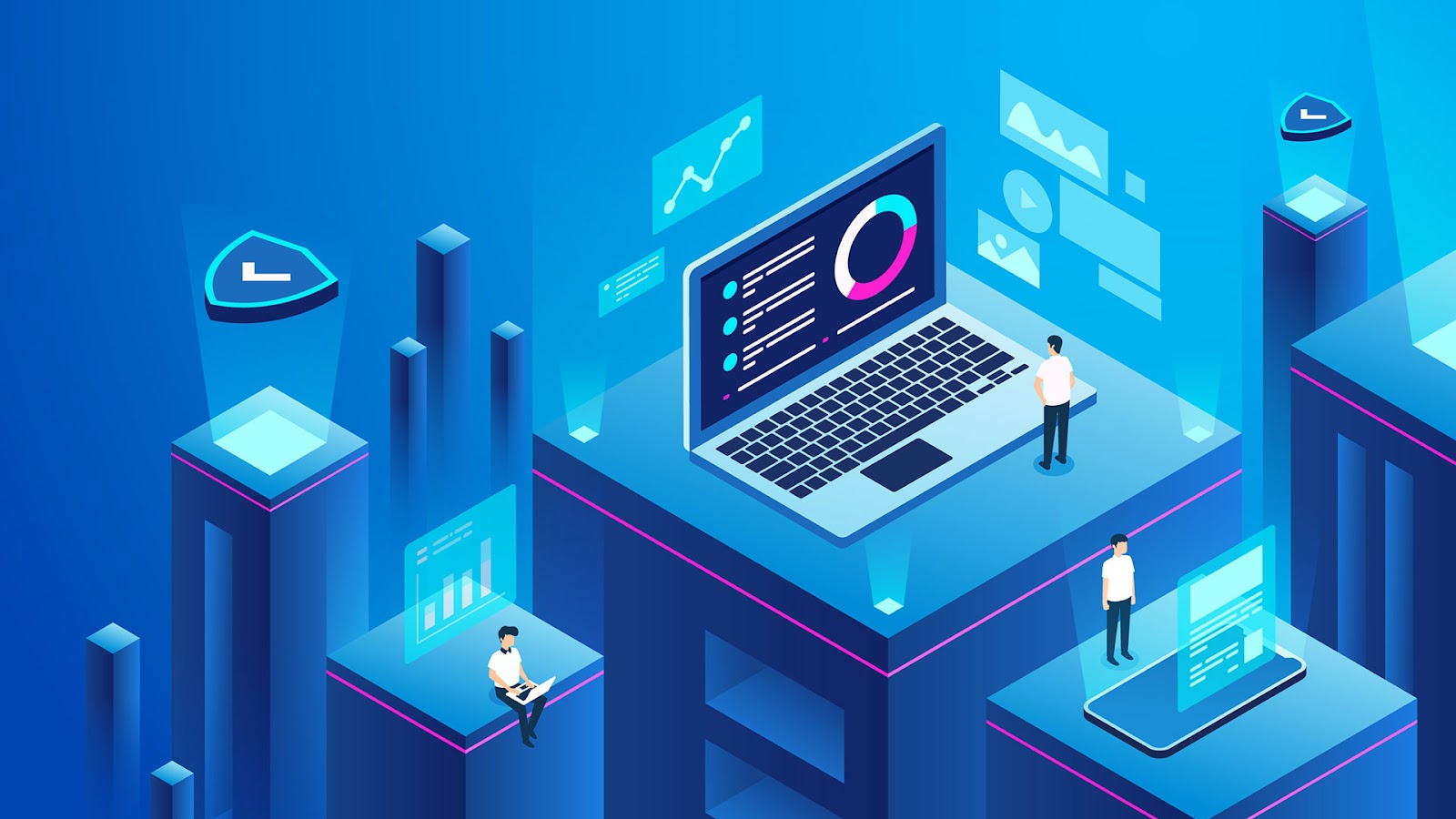 Source: Vel Tech
Source: Vel Tech
The courts will decide if any particular piece of content is libellous or defamatory.
Subclause 1 of rule 3 (rule 3(1)(b)) was revised to address false information and material that could instigate violence between members of different religious or caste traditions.
Committee(s) for Appealing Complaints are Formed: To ensure that users have a chance to have their voices heard when intermediaries fail to address their concerns or make judgments they disagree with, an appeals process involving a grievance appellate committee or committees will be set up. Users can always seek legal redress if they so choose.
Ministry of Electronics & IT regarding articles 14, Article 19 and article 21
An absolute necessity for safeguarding Indian citizens‘ constitutional rights. Trustee of Citizens‘ and Digital Nagriks’ Rights in India under Prime Minister Shri Narendra Modi. Minister of State Shri Rajeev Chandrasekhar made the comments while speaking to the media on the changes made to the IT Intermediary Rules 2021. These changes were announced by the government on October 28th, 2022.
The Ministry of Electronics and IT notified these changes to defend the rights of Digital Nagriks as part of a larger effort to create an Open, Safe, Trusted, and Accountable Internet. In addition, it improves the need for due diligence and the accountability of intermediaries like social media. As a result of user complaints about the intermediaries’ responses to their concerns about offensive material or the suspension of their accounts, they have been informed.
As a result, intermediaries have been entrusted with the role of preventing the dissemination of content that purposely spreads disinformation or information that is obviously wrong. Moreover, the guidelines have made it clear that the intermediary must uphold the rights guaranteed to Indian citizens in Articles 14, 19, and 21 of the Indian Constitution.
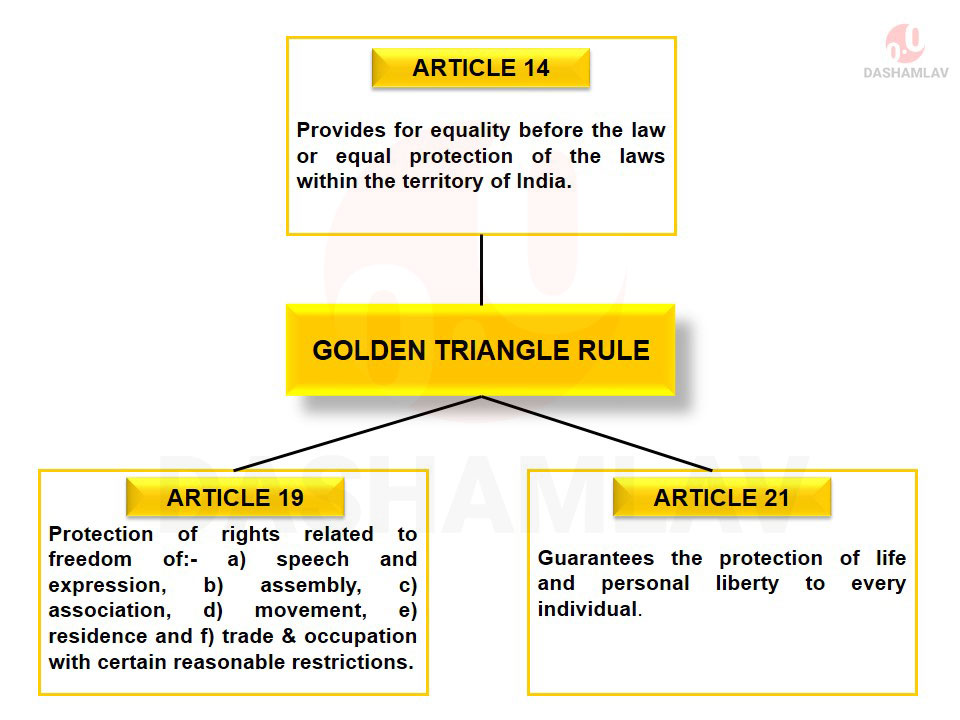 Source:Lawyered.in
Source:Lawyered.in
The Minister of Electronics and Information Technology, Shri Rajeev Chandrasekhar, elaborated on the new regulations, saying they were implemented to make the Internet more accessible, secure, and accountable for the nation’s digital nagriks. After extensive public engagement with all relevant parties, the Ministry announced the changes.
The Minister affirmed, “These rules mark a new partnership between the government and intermediaries in making and keeping our Internet safe, trusted, and accountable.” The government shares the vision and intent to work together with intermediaries to achieve the common goal of keeping the internet safe and trusted.
Read More: Mental Health Insurance is mandatory under the Mental Health Act of 2017







